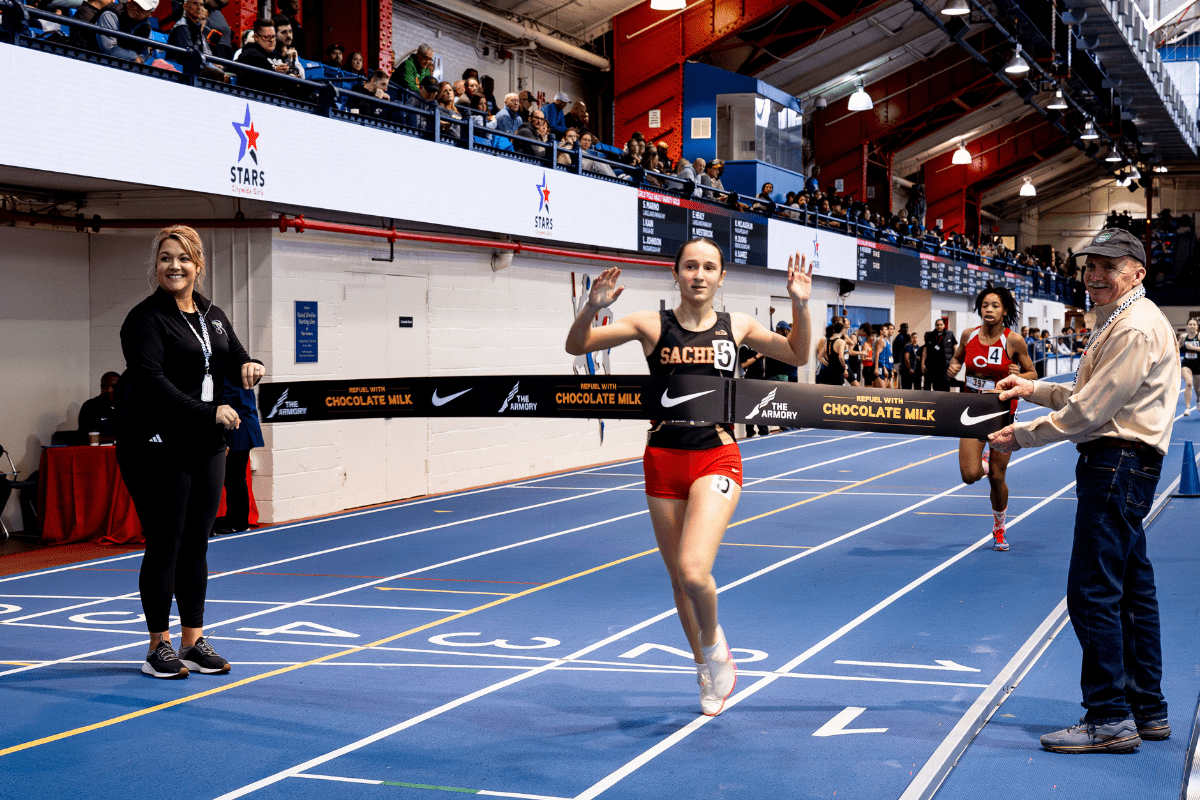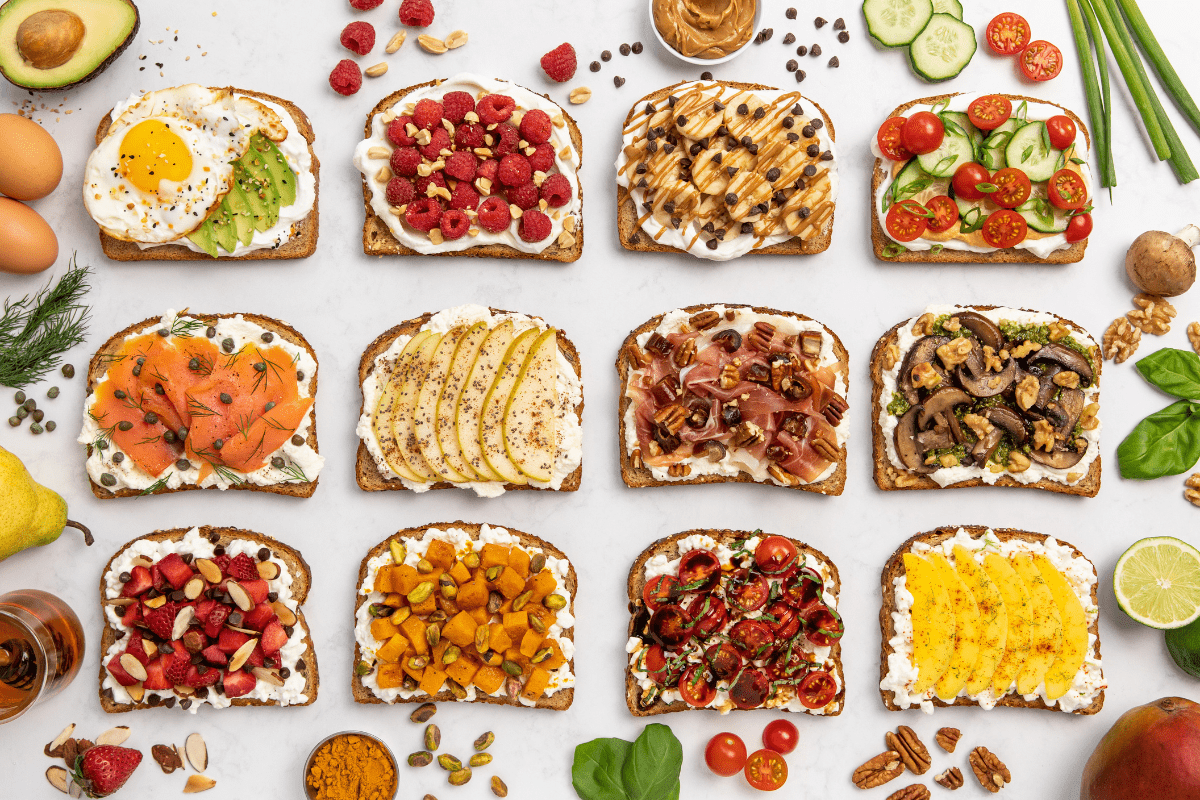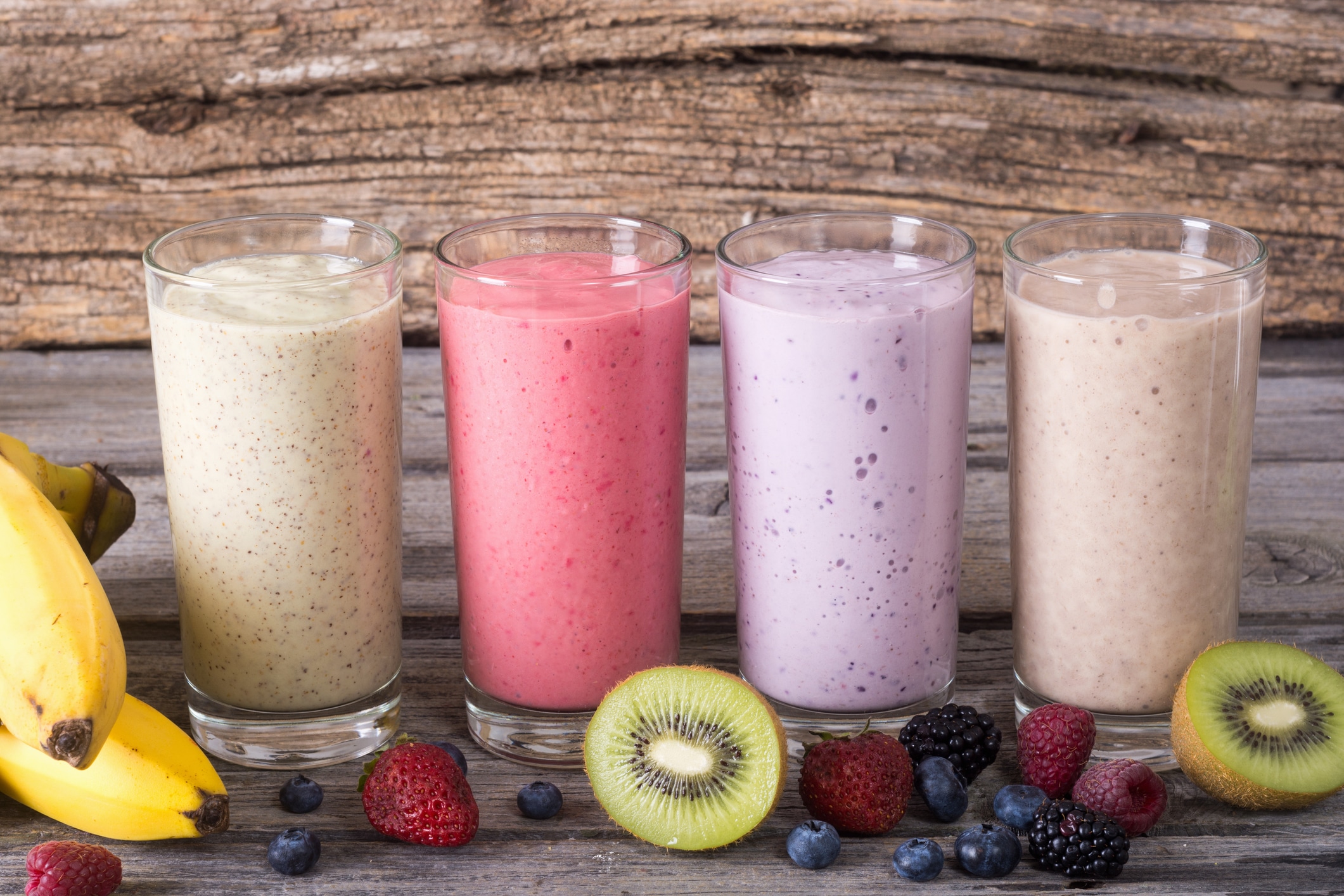Football is an intermittent high-intensity, anaerobic, team sport involving running, sprinting, tackling, and blocking activities. The game consists of four quarters, each lasting 12-15 minutes with a 12 to 20-minute halftime depending on the state and level of play. An average game has about 14 possessions per team with about six plays per possession. Each play lasts anywhere from 2-12 seconds with about 25 seconds of rest allowed between plays.
A properly structured training program is essential to improve performance in the sport of football. To achieve optimal performance, an appropriate sports nutrition plan is needed to support the training. Without adequate nutrition, football players can struggle to recover and adapt to a training stimulus, which will ultimately negatively impact sports performance and increase the risk of overtraining and injury. With year-round training and competition in football becoming the standard, it is key to provide an individualized and periodized nutrition program to match energy and macronutrient needs of training and competition.
Nutrition Recommendations for Football
The foundation of a well-planned nutrition program focuses on matching energy intake to the energy demands of the athlete and their training. From there, specific carbohydrate, protein, and fat needs can be determined to meet daily caloric needs.
Carbohydrates
The importance of carbohydrates for athletes that play football is often overshadowed by the overwhelming focus on protein consumption. However, carbohydrates, especially the stored form known as glycogen, provide the main energy sources for football players during competition and training. Resistance training has been shown to reduce glycogen stores as much as 40% and single or repeated sprint exercises have been shown to reduce glycogen stores in the muscle by 14% and 47%, respectively. In order to maintain energy and intensity levels during training (especially when training multiple times per day) carbohydrates should be consumed in adequate amounts to restore and replenish glycogen losses from activity. Evidence suggests that carbohydrate intake should be between 5-7 grams of carbohydrate per kilogram of body weight per day, with 7-12 grams per kilogram of body weight during rigorous training. For a 175-pound (80 kg) student-athlete, that equates to more than 400 grams of carbohydrate each day, and between 560-960 grams of carbohydrate on rigorous training and competition days.
Protein
Inadequate protein intake is seldom a concern for athletes. Most football players report protein intakes that easily meet or exceed the recommendations for athletes, which range from 1.2-2.0 grams per kilogram of body weight. When calculating protein needs, it is important to consider individual training loads, training experience, and energy availability. A student athlete football player requires increased protein intake if there is an increase in training intensities and frequency, a new training stimulus, or if they are new to the sport, due to the increased muscle protein breakdown in each of these scenarios. In general, student athlete football players should aim to get between 1.4 and 1.7 grams of protein per kilogram of body weight per day. For a 175-pound (80 kg) student athlete, that equates to 112-136 grams of protein each day, with intake evenly distributed between meals and snacks throughout the day.
Fat
After determining carbohydrate and protein needs for athletes, the remainder of the calories needed should come from fat. In most cases, fat intake should be between 20-35% of total calories. Diets containing less than 10% of calories from fat may lead to nutrient deficiencies and hormonal imbalances that can negatively impact health and sports performance. Though higher fat diets (>60% of calories) are trendy in today’s diet world, they have not shown to be beneficial for improving performance in intermittent high-intensity type activities. Generally, 1.0 gram of fat per kilogram of body weight would be appropriate for team sport athletes such as football. For a 175-pound (80 kg) student athlete, that equates to a minimum of 80 grams of fat per day.
The below chart shows an example of how carbohydrate, protein and fat intake should be distributed between meals and snacks.
Daily Nutritional Requirements for Football
| Based on a 175 lb. Student-Athlete (80 kg) | ||||
| Carbohydrate | Protein | Fat | ||
| Daily Requirement:
(Rest Days) |
greater than 5 g/kg/day | (1.4-1.7 g/kg/d) | Remainder of calories to meet daily energy requirement | |
| Daily Requirement: (During Rigorous Training & Competition) | 7-12 g/kg/day | (1.4-1.7 g/kg/d) | Remainder of calories to meet daily energy requirement | |
| Daily Total Intake:
(Rest Days) |
minimum of 400 g | 112- 136 g | Varies based on daily calorie requirement | |
| Daily Total Intake:
(During Training & Competition) |
560- 960 g | 112- 136 g | Varies based on daily calorie requirement | |
| Per Meal (3 Meals/Day) | 160- 290 g | 25-30 g | ~20-30 grams | |
| Per Snack (3 Snacks/Day) | 45-60 g | 20- 25 g | Minimum of 15 grams | |
| *NOTE: Additional carbohydrates may be needed before, during & after training or competition to meet daily requirement | ||||
Source: Sports Nutrition: A Handbook for Professional
Hydration
Maintaining proper hydration in football is of particular importance. Since preseason training and training camp occur during the warmer months, sweat rates and fluid loss is increased and can quickly lead to dehydration. Players should regularly weigh themselves before and after practice to keep track of how much fluid they lose. The goal is to prevent a fluid loss equal to or more than 2% of body weight during practices and competition. To help maintain adequate fluid levels, student athlete football players should consume 18-26 ounces of fluid three to four hours prior to exercise, with routine intakes of fluids ever 15-30 minutes during exercise. That amount may be more for greater intensity exercise sessions and hot weather.
Fueling and Hydrating Before, During and After Training and Competition
Before
The goals of a pregame meal are to keep athletes from feeling hungry before and during the game and to top off carbohydrate and energy stores for the work that is ahead. When possible, athletes should try to consume a balanced meal that is high in carbohydrates and moderate in protein and fat 3-4 hours before training or competition. Then, have a quick digesting carbohydrate like a banana, sports drink or energy bar, in the 30 -60 minutes before starting. All choices should be familiar and easily digested. Read this handout for specific ideas on what to eat before training and competition.
During
Research has demonstrated that consuming carbohydrates in the form of a sports drink or easily digestible food (i.e., gels, chews, fruit snacks) can help improve performance or delay fatigue during intermittent high-intensity exercise. While the exact amount of carbohydrates needed will depend on playing time and position demands, a general recommendation would be to consume between 30-60 grams of carbohydrate per hour of activity.
After
Following hard training or competition, athletes should focus on the three R’s of recovery: refuel, rebuild, and rehydrate. In general, student athlete football players should aim to refuel within one hour of finishing activity with 0.5-1 gram of carbohydrate per kilogram of body weight. The refueling snack or meal should also include at least 15 grams of lean protein and ~20 ounces of fluid for every pound lost. Chocolate milk makes a great refueling option because it provides the fluid, carbohydrate and protein needed after strenuous activity. Check out this handout for other great after-exercise refueling options.
Other Considerations
Football is a contact sport with lots of collisions and high-intensity activity that takes a toll on your body. To help combat inflammation and promote recovery from week to week, it is important to include foods high in omega-3 fatty acids (salmon, flax seeds, and walnuts), rich in vitamin D (dairy, eggs, mushrooms) and lots of colorful fruits and vegetables (broccoli, peppers, berries, etc.).




